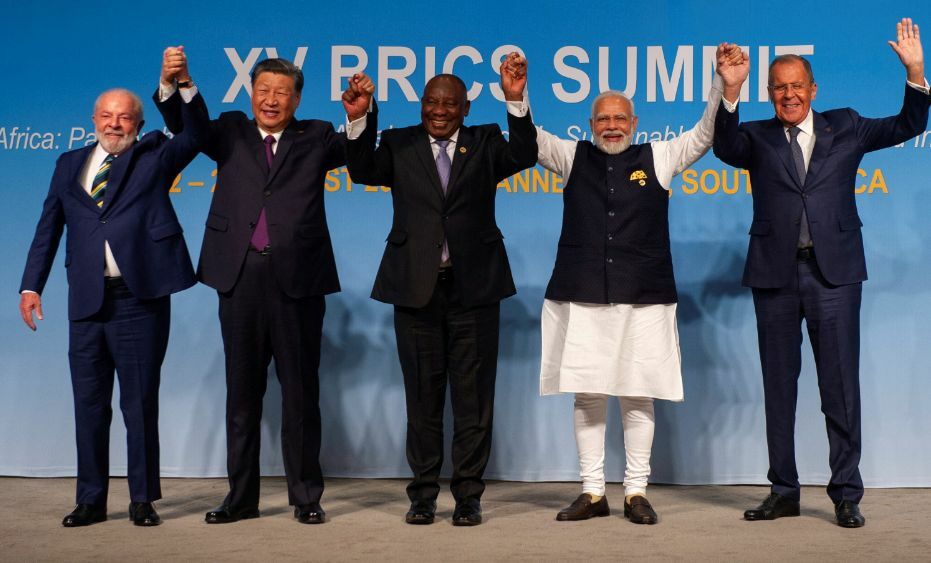China’s rise as global superpower lauded by Thai-Chinese Cultural Council president

Pinit Jarusombat, the president of the Thai-Chinese Cultural and Relationship Council (TCCRC), has acknowledged China’s ascension to the ranks of global superpower in terms of technology and economic might. The statement was made in light of the upcoming National Day of China, marking the 74th anniversary of the People’s Republic of China’s establishment.
Pinit appraised China’s development, pointing out the significant advancements that have positioned it as a global superpower in the world’s economy and security. This is exemplified by China’s inclusion in the BRICS bloc, consisting of Brazil, Russia, India, China and South Africa, which was formed to counterbalance the influence of Western powers.
The BRICS nations, originally formed in 2001 as BRIC without South Africa, aspire to dominate the global economy by 2050. South Africa joined the cohort in 2010. The bloc serves as a platform for economic cooperation among its member nations, enhancing their global standing and offering opportunities for international expansion to companies.
China’s Global Influence
Pinit also noted that China’s influence extends beyond economic and security matters. The nation’s Belt and Road Initiative, a blueprint for driving trade, investments and cultural exchange across regions, necessitates many countries to maintain amicable relations with China.
He also lauded China’s social progress, particularly in addressing poverty and starvation. The nation’s transformation into a global leader is a credit to its founders and current administration. China’s prosperity has been instrumental in aiding many underdeveloped countries in Asia, the Middle East, Africa and South America, thus underlining its significant role in stimulating the global economy.
China’s vast population has also influenced consumption trends of numerous products worldwide. The country’s infrastructure has seen remarkable improvement over the 74 years since its inception, boasting a high-speed railway spanning 20,000km and an expressway network of nearly 50,000km.
Education is a priority in China, as it is seen as instrumental in shaping the future of its new generation. Despite the US-China trade war leading to a ban on the exports of chips and software to Chinese tech giants, China responded by manufacturing a 7-nanometre chip.
Promotion of Thai Tourism, Culture, and Trade
Pinit further highlighted the work of TCCRC in promoting Thai-China relations. Established in 1976, the council has cooperated with China to host numerous events annually, promoting Thai tourism, culture and trade.
The TCCRC also assists the Thai government in endorsing the One Tambon One Product and Thailand’s small and medium-sized enterprises in various Chinese provinces. Future plans involve organising a roadshow to promote Thai products and art in Shanghai, reported Bangkok Post.
On the subject of tourism, Pinit stressed the need for innovative ideas to attract more Chinese tourists to Thailand annually. He supports the government’s visa-free policy for Chinese tourists, as they are more likely to take extended holidays during National Day and Chinese New Year.
Pinit advised Thailand to strengthen its cooperation with China, its ASEAN and Greater Mekong neighbours. He also praised the new government’s positive stance on China and encouraged close collaboration with Beijing to promote Thai exports to China.
Follow more of The Thaiger’s latest stories on our new Facebook page HERE.
Latest Thailand News
Follow The Thaiger on Google News:


























